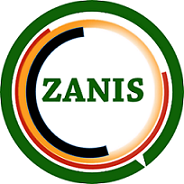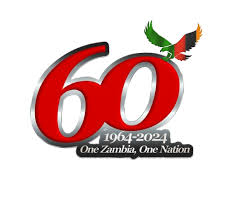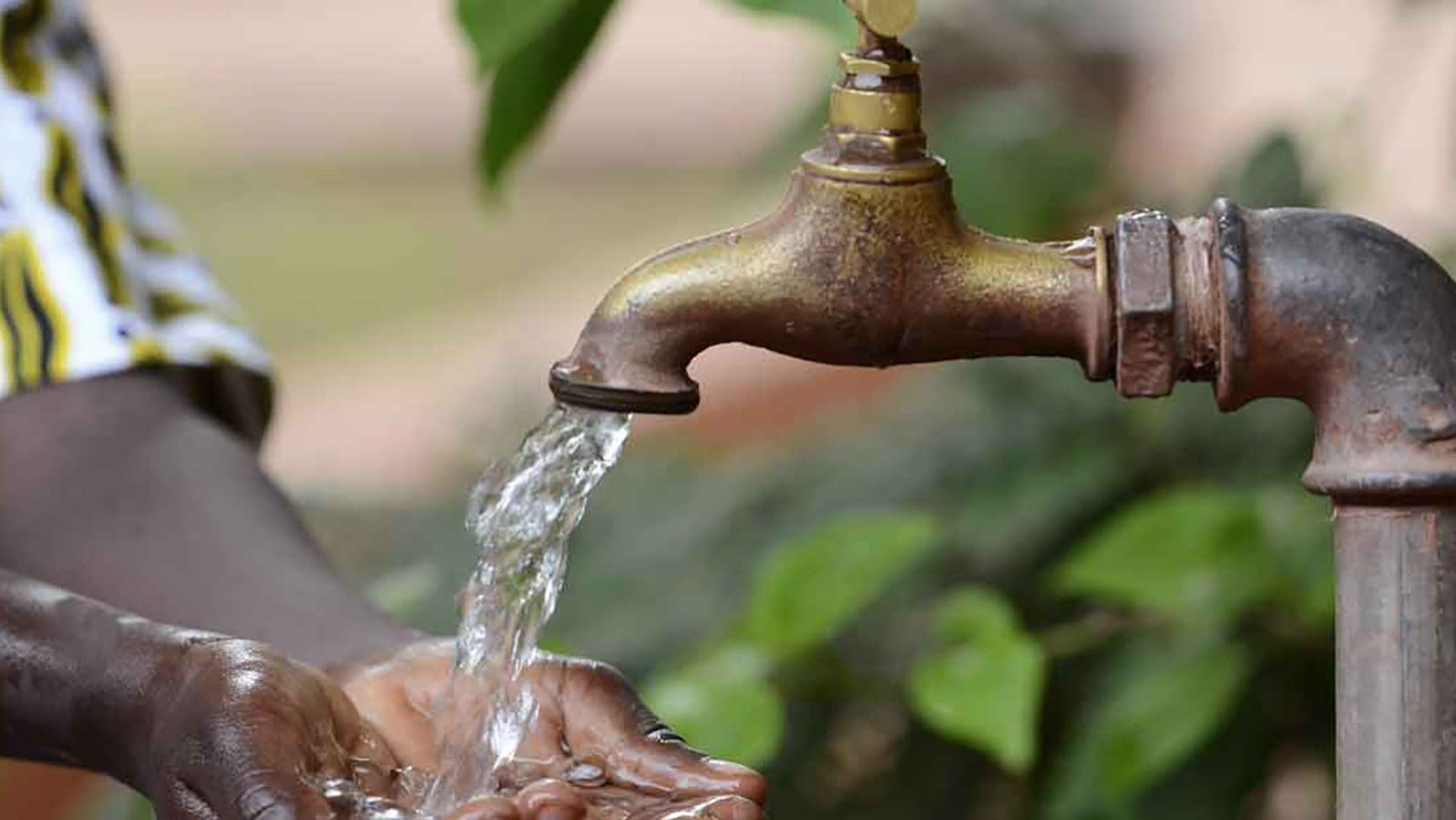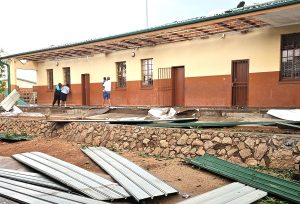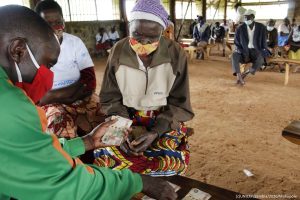The Kafulafuta Water Supply System Project on the Copperbelt Province meant to service over 1 million people has reached 99 percent complete and ready for commissioning by the end of this month.
The project involves the construction of a reservoir dam at Kafulafuta with a 125 million cubic meter storage capacity, a water intake pumping station, a midway booster pumping station and a transmission main line from the dam to Ndola, among other works.
Water Development and Sanitation Minister, Collins Nzovu disclosed this during the commemoration of the Global Hand-washing Day held under the theme ‘Why are Clean Hands Still Important’, in Lusaka.
Mr Nzovu said this is among the key projects whose implementation government is fast tracking in order to improve access to clean water and sanitation in the Country.
The Minister further disclosed that the Lusaka Sanitation Program expected to benefit over 1. 6 million people is 83 percent complete while the Kazungula Water Supply and sanitation Project set to benefit 14 000 people, is also scheduled for completion in December, this year.
“As a government, we remain committed to the Sustainable Development Goals, particularly SDG number 6 which calls for universal access to clean water and sanitation. This aligns with Zambia’s vision 2030 and the Eighth National Development Plan all of which place emphasis on ensuring every citizen has access to clean and safe water. “Mr Nzovu assured.
And United Nations International Children’s Fund (UNICEF) Country Representative Penelope Campbell said she is impressed with the government’s commitment towards achieving SDG number 6 on clean water and sanitation in the midst of challenges such as the current drought.
Speaking in a speech read for her by UNICEF Acting Deputy Representative, Tikhani Musonda, Ms Campbell said the development of the Water Sanitation and Hygiene (WASH) Communication Strategy is a step in stimulating behaviour change in the area of Sanitation and hygiene.
“UNICEF is delighted to be working with the Ministry of Water Development and Sanitation and other stakeholders in implementing sensitisation activities to promote sanitation and hygiene in over 90 districts based on the communication strategy.” Ms Campbell said.
She added that UNICEF is happy to partner with the government in the development of a cost road map that will guide the implementation and monitoring of effective hand hygiene interventions across the country.
Meanwhile, Matero Member of Parliament Miles Sampa, who spoke through a representative, appealed for solar boreholes in schools and police stations in order to address sanitation needs in the wake of climate change.
